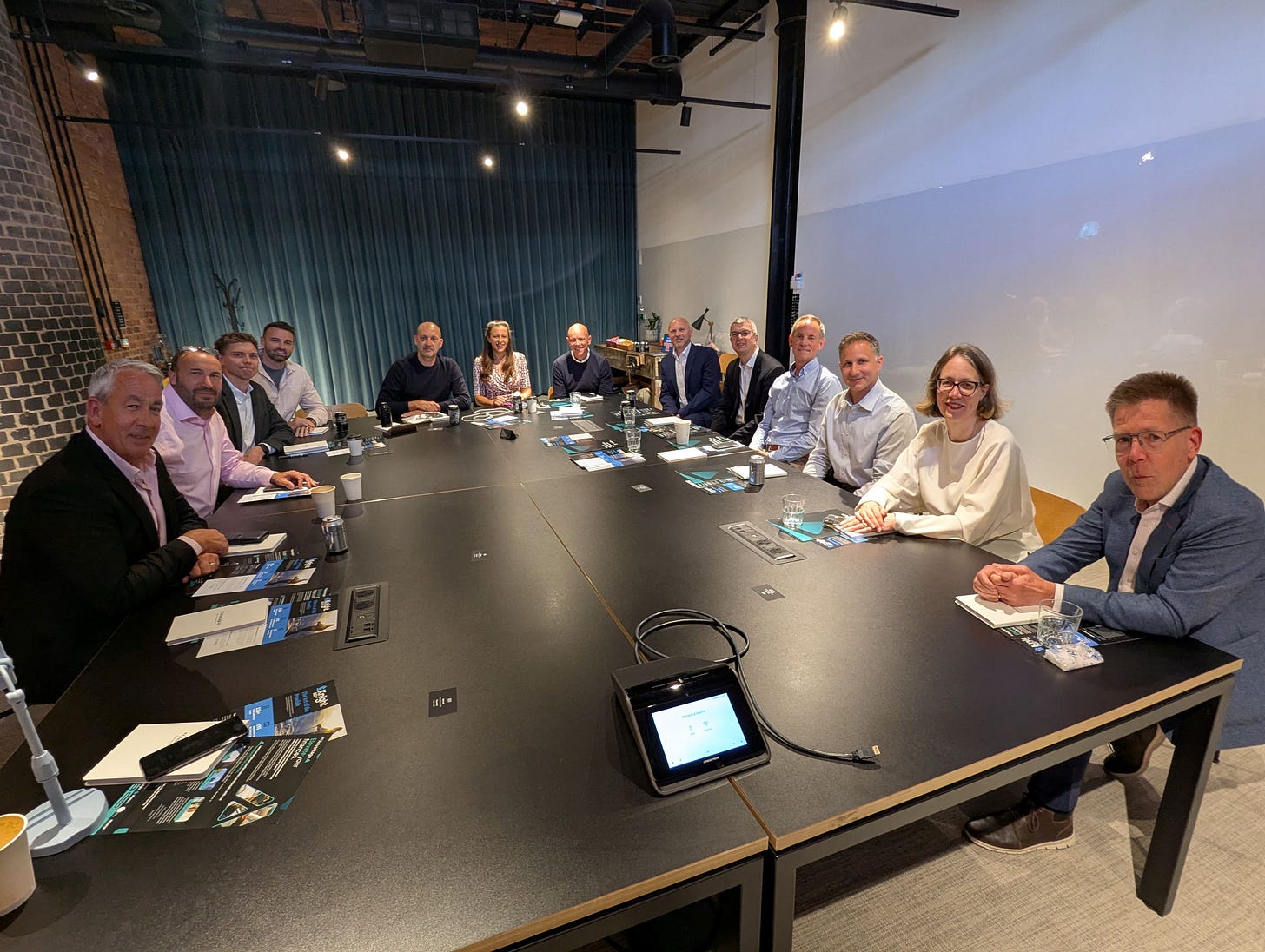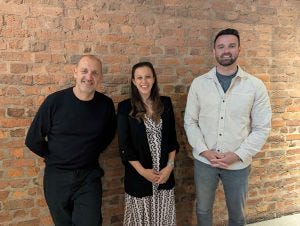Hello Rainmakers,
One of the important aspects of what we do is ‘community building’ bringing people together in physical events of all shapes and sizes.
Last week we worked with the team at K3 Advantage and their sister company Knight Corporate Finance to look in more detail at buy-and-build strategies for businesses - often backed by private equity, but not exclusively.
It’s something a bit different, we’re always up for trying new formats and event styles. Get in touch if you have any ideas on how we could work together.
Buy and build strategies have emerged as a powerful tool for businesses seeking expansion, with private equity-backed companies increasingly turning to strategic acquisitions to drive value and create comprehensive market offerings.
At our round table with K3 and Knight Corporate Finance Alexandra Stewart from Knight set the scene, highlighting how she saw how the approach gained momentum during COVID-19, when she was working at private equity investor Inflexion. “It became a safe place to put your money,” she explained. “We see it a lot in the technology sector in particular, because really organic growth has been tough for a lot of businesses and it’s a way to support growth, particularly from a private equity background with that appetite to invest towards an exit goal.”
Dave Prendergast from Besseges Fire Protection, currently on his second buy and build journey, emphasises the importance of strategic targeting. “Everybody’s got to be in agreement,” he notes. “The management team and your bank need to be looking at the same targets and saying ‘yes, that fits’.”
Rob Burbidge from SCG, a communications provider approaching its 50th deal, advocates for a disciplined approach, particularly regarding how to structure an incentive plan for sellers. “We’re quite selective about earn-outs,” he explains. “Typically, we’ll have a base that replicates what the rest of the group does, with a clear integration plan.”
David Lowe from Survey Solutions provides a pragmatic perspective, limiting earn-outs to two years and focusing on gross profit rather than EBITDA. “It’s about building trust,” Lowe says. “We’ll share resources and help management focus on what they do best.”
Listen to this episode with a 7-day free trial
Subscribe to Rainmakers to listen to this post and get 7 days of free access to the full post archives.






